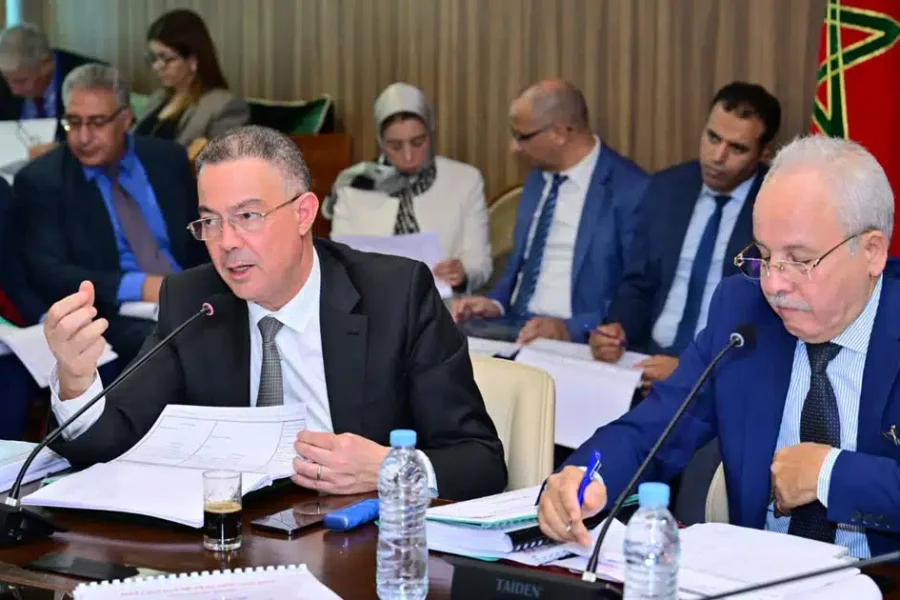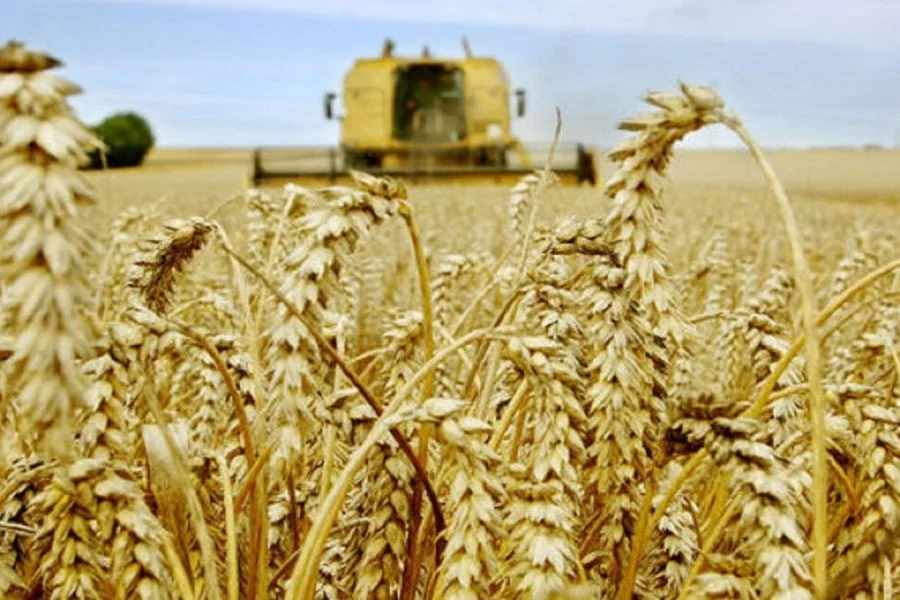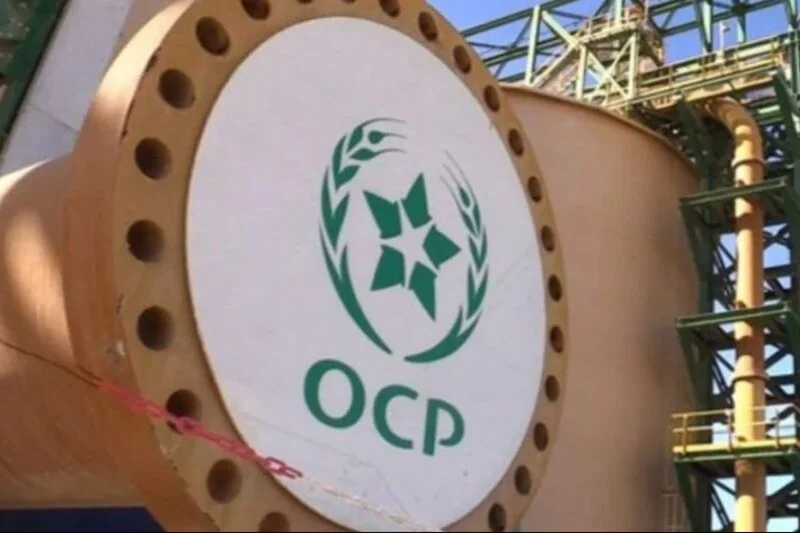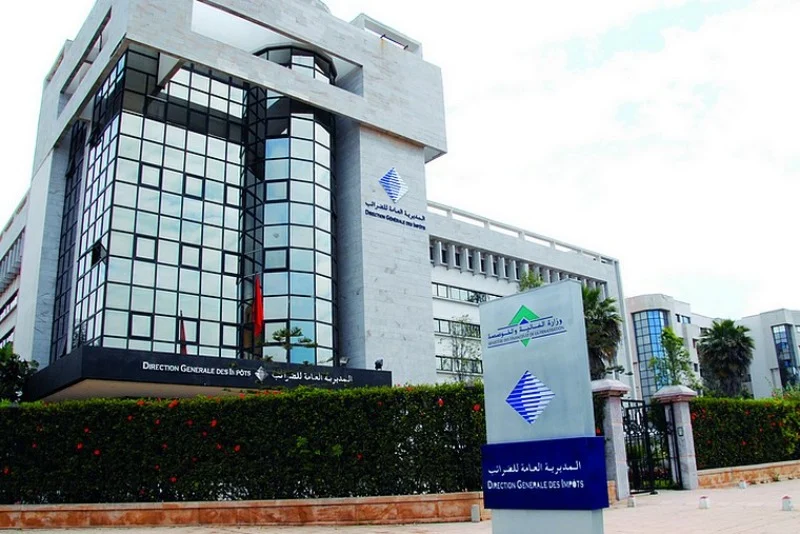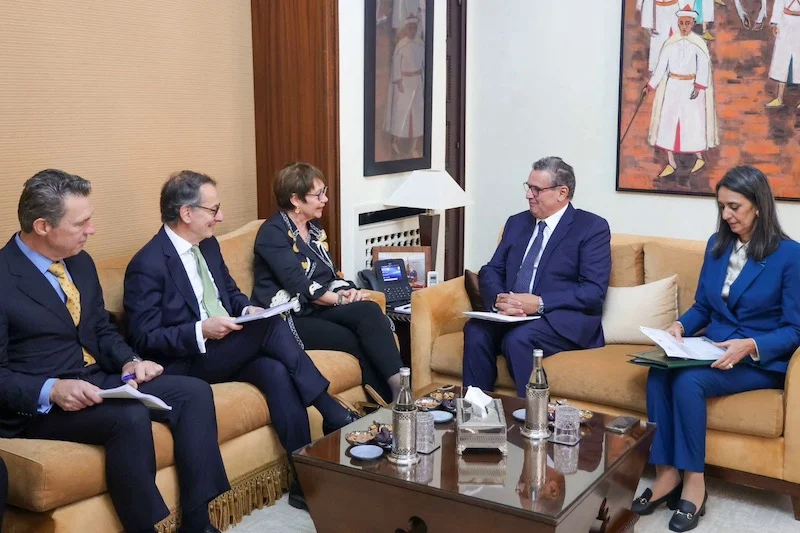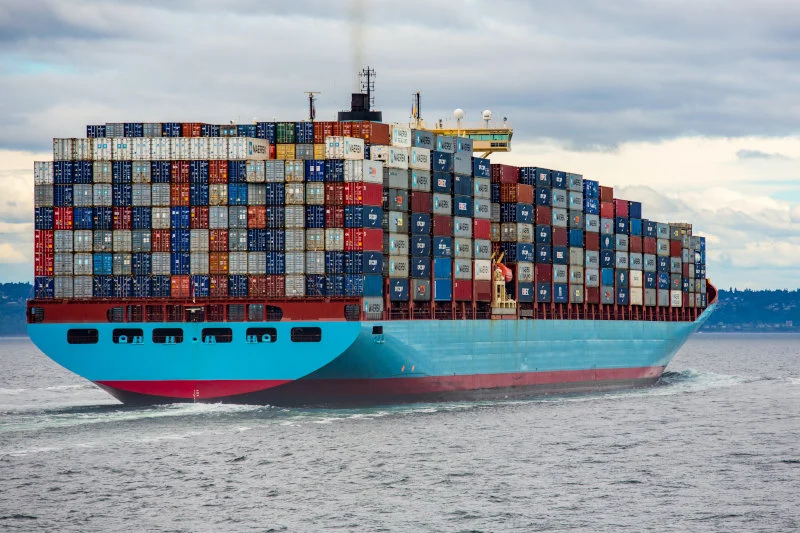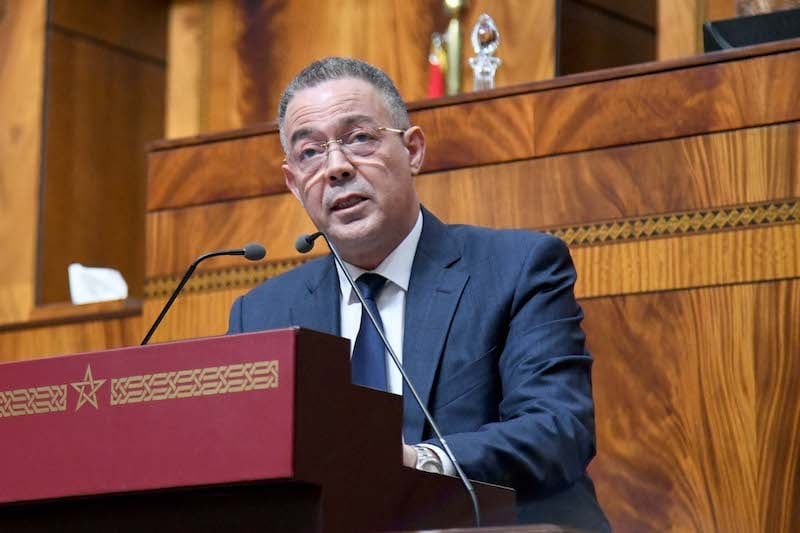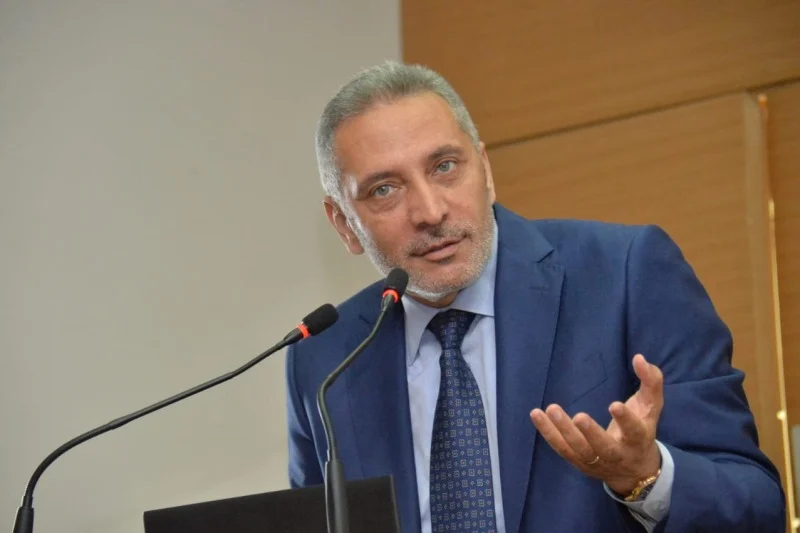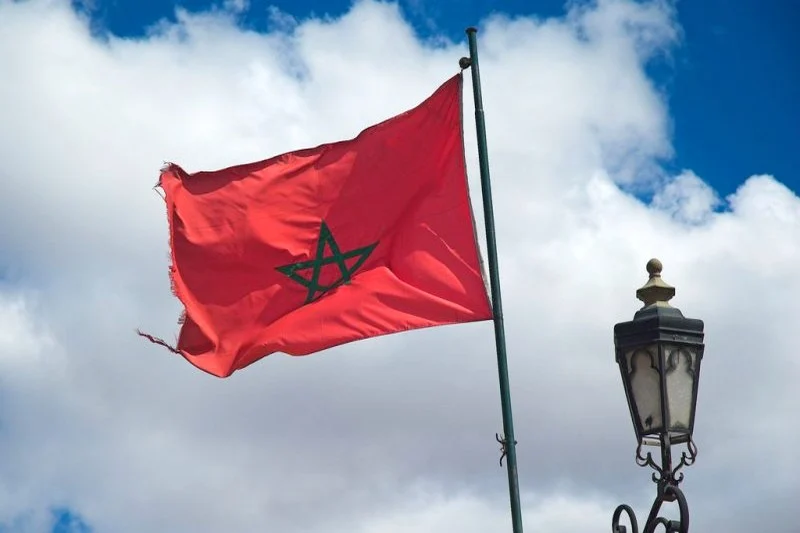Morocco turns to Russia for wheat supply amid
Dec 10, 2024OCP receives approval for 500 Million USD bond
Dec 10, 2024Morocco climbs to 28th globally in Tax Transparency
Dec 10, 2024Head of Government Holds Talks with EBRD President
Dec 10, 2024Morocco races to implement reforms ahead of final
Dec 10, 2024Morocco’s economy grows in 2023, with higher GDP
Dec 10, 2024Israel’s PM Netanyahu arrives in court to testify
Dec 10, 2024Morocco’s Dam Reservoir Storage Reach 29.13% on Dec.
Dec 10, 2024Casablanca Stock Exchange Opens in Red
Dec 10, 2024saad
Nov 19, 2024OFFICIAL ANNONCE
Nov 19, 2024Annonce #17607
Nov 18, 2024Annonce #17594
Nov 18, 2024DOJ charges Ohio man with laundering over $300
Nov 18, 2024Le dirham s’apprécie face à l’euro
Nov 18, 2024Bluesky’s quest to be the next Twitter
Nov 18, 2024Trump’s Top Team Sets Stage for White House
Nov 18, 2024Le dirham s’apprécie face à l’euro
Nov 18, 2024Maroc : Ryanair dévoile son offre de sièges
Nov 18, 2024Annonce #15980
Nov 05, 2024OECD forecasts strong economic growth for Morocco despite challenges

The Organisation for Economic Co-operation and Development (OECD) has forecasted an acceleration in Morocco’s economic growth in the coming years, despite ongoing economic and climatic challenges.
According to its quarterly report on Morocco, the OECD predicts that the country’s GDP will grow by 4.1% in 2025 and 3.8% in 2026.
The OECD states that this anticipated growth will be driven by a recovery in private consumption, fueled by rising real incomes, increased foreign direct investment flows, and growth in the tourism sector.
The new investment charter is also expected to contribute to strengthening industrial production and boosting exports, alongside a continued influx of tourists into the country, with the tourism sector achieving record-breaking numbers.
Despite the significant slowdown in inflation, which fell below 2% this year, the report, published in December, forecasts a slight rise in inflation in Morocco after April next year due to the gradual reduction of subsidies on butane gas.
Regarding economic performance, the OECD highlighted that Morocco’s industrial sector has experienced a significant boost, supported by strong foreign demand for key industrial products such as cars and aircraft parts.
Meanwhile, the agricultural sector has contracted by more than 4% due to consecutive years of drought and low rainfall, which has negatively impacted income and employment opportunities in rural areas.
In terms of trade and investment, the report noted that exports grew by 5% in the first nine months of this year, supported by increased industrial production and the expansion of the tourism sector.
Additionally, foreign direct investment flows surged by more than 50% compared to the previous year, attributed to new government investment incentives and the establishment of an advanced ecosystem for investments, particularly in electric vehicle battery production.
The OECD also emphasized the importance of continued structural reforms in Morocco to boost economic growth.
This includes gradually reducing government subsidies for certain sectors, encouraging greater participation of women in the labor market, and addressing demographic challenges through improved education and a focus on skills development and training.
The organization recommended measures to mitigate the impact of climate change and water scarcity, while enhancing financial governance to ensure the sustainability of public debt in the medium term.
It also warned of potential risks to Morocco’s economy from a slowdown in the Eurozone, rising global energy and food prices, and prolonged droughts, urging the country to continue adopting flexible policies to adapt to these challenges.

 English
English 